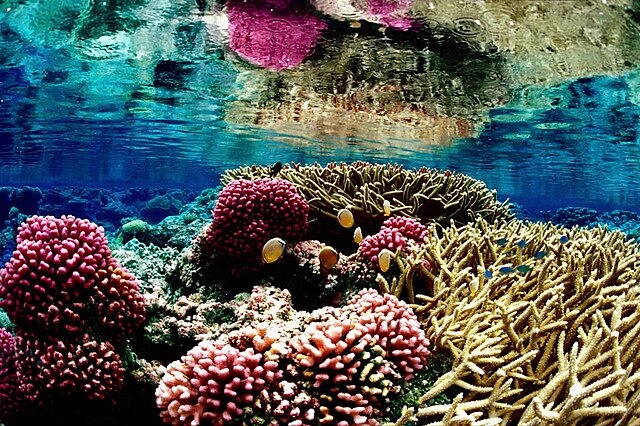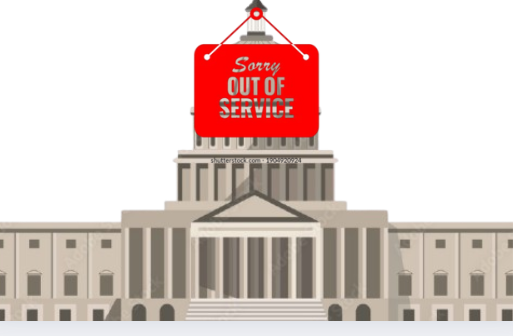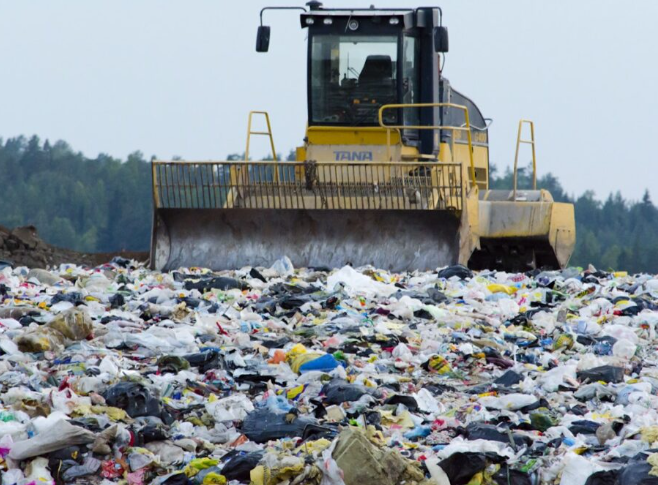Coral reefs, also known as “rainforests of the sea,” are home to millions of marine species. These reefs are an important part of ocean ecosystems, but are unfortunately at risk of bleaching due to climate change.
Climate change is the increasing temperature of the Earth caused by trapped greenhouse gases in the atmosphere. These gases are emitted through many human-driven activities such as burning fossil fuels, deforestation, industrial production, and the production of waste. Effects of climate change can be seen in today’s extreme weather, intense heat waves, and melting glaciers. Rising water temperatures will majorly impact oceans, particularly by destroying one of the most complex ecosystems: coral reefs.
Studies from the Environmental Protection Agency show that an estimated 25 percent of all marine life is dependent on coral reefs. As climate change intensifies, coral bleaching becomes more prevalent.
Coral bleaching occurs when corals are stressed by changes in conditions such as temperature, light, or nutrients. They expel the symbiotic algae living in their tissues, causing them to turn completely white. Corals can survive a bleaching event, but are under more stress and at increased risk of dying.
According to a recent research conducted by NOAA Coral Reef Watch, “From 1 January 2023 to 11 September 2025, bleaching-level heat stress has impacted 84.4% of the world’s coral reef area and mass coral bleaching has been documented in at least 83 countries and territories.”
Healthy coral reefs provide feeding, spawning, and nursery grounds for over 1 million aquatic species, including commercially harvested fish species. Coral reefs are crucial to the Earth’s health by filtering water and contributing to the nutrient cycle. Seagrass, which grows in coral reefs, absorbs large amounts of carbon dioxide from the ocean. Without healthy coral reefs, there will be devastating effects such as loss of marine biodiversity, species habitat loss, and reduced coastal protection against storms.
Coral reefs are detrimental not only to marine life but billions of people. The Great Barrier Reef Foundation website states that, “Many people living in these coastal reef communities are dependent on reefs for their livelihoods – be it fisheries, tourism, or other marine industries.”
Coral bleaching is not talked about enough and is becoming the norm, along with other results of climate change. Without immediate change, the entire reef ecosystem is at risk of collapsing. There will be devastating effects on marine life and coastal communities that rely on coral reefs to survive.
Everyone around the world needs to work on reducing their carbon footprint to help save the Earth and prevent events such as coral bleaching. Mr. Nicholas Kostich, a science teacher at Oakmont Regional Highschool says, “This could be through purchasing and consuming more local food, how much power they use, and what they use for transportation. Each individual is going to have different aspects that they can focus on in order to create the biggest impact.”






















